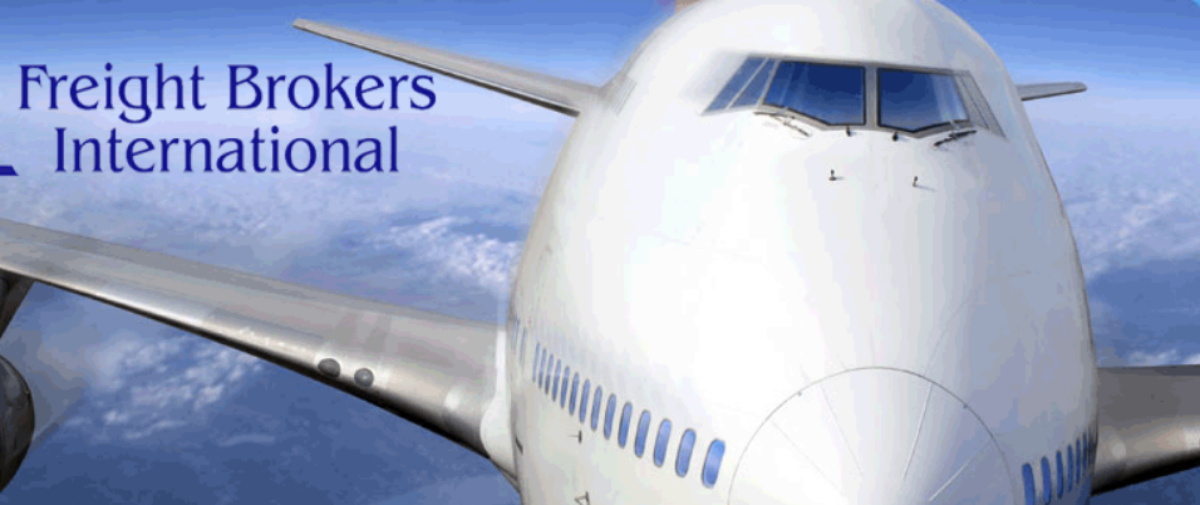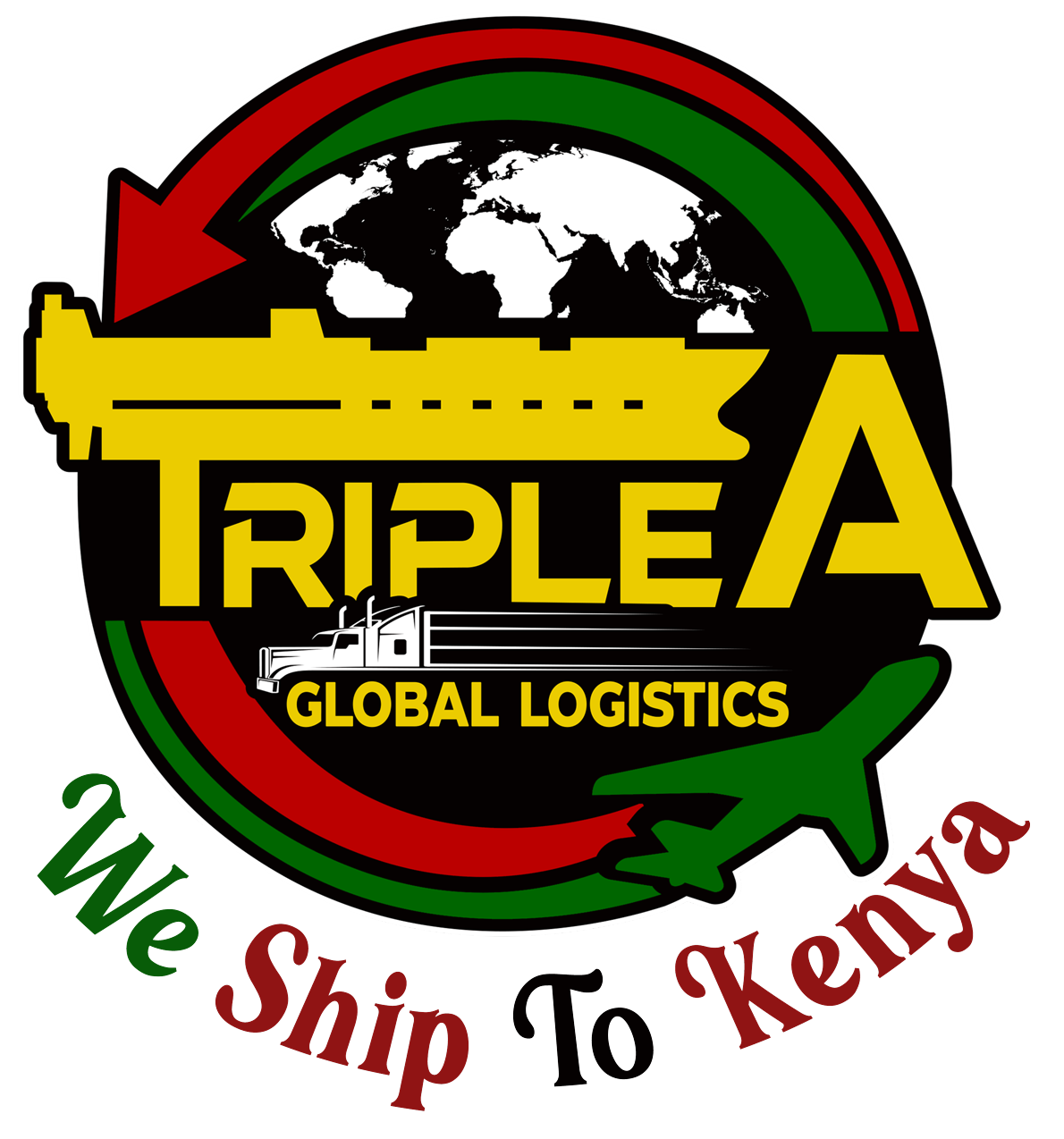Call Us:
+44(0)2039579445
+254 111 81 81 81
Mail Us:
info@tripleafreight.co.uk
Triple A

 While both freight brokers and freight forwarders handle the movement of goods, there are key differences. Freight brokers primarily arrange transportation and act as intermediaries, while freight forwarders provide a more comprehensive service, including storage, consolidation, and customs clearance.
While both freight brokers and freight forwarders handle the movement of goods, there are key differences. Freight brokers primarily arrange transportation and act as intermediaries, while freight forwarders provide a more comprehensive service, including storage, consolidation, and customs clearance.